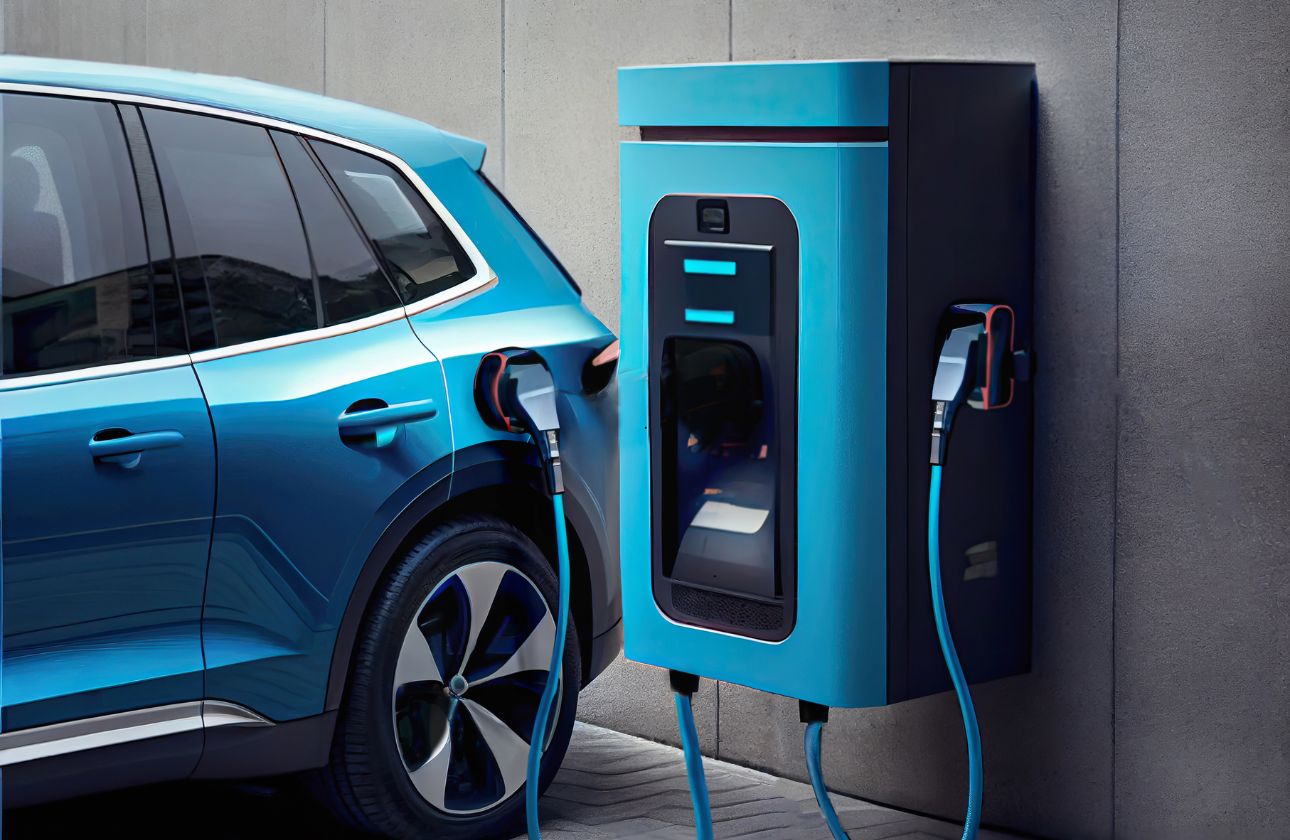The Rise of Electric Vehicles
In recent years, electric vehicles (EVs) have gained significant traction, marking a substantial shift in the automotive industry. As concerns about climate change continue to grow, the demand for sustainable transportation options has skyrocketed. EVs are at the forefront of this change, offering a cleaner alternative to traditional gasoline-powered vehicles.
Environmental Impact
One of the primary reasons for the rise of electric vehicles is their lower environmental impact. Unlike conventional cars, EVs produce zero tailpipe emissions, which significantly reduces air pollution. According to various studies, widespread adoption of EVs can contribute to a dramatic decrease in greenhouse gases, making it a crucial component in fighting climate change.
Technological Advancements
Advancements in battery technology have played a pivotal role in the popularity of electric vehicles. Modern EV batteries are more efficient, with longer ranges and shorter charging times. This has alleviated one of the biggest concerns consumers had about EVs: range anxiety. With new models boasting ranges of over 300 miles on a single charge, EVs are becoming a practical choice for many drivers.
Charging Infrastructure
In addition to advancements in vehicle technology, significant investments in charging infrastructure have made electric vehicle ownership more feasible. Cities and private companies are working to expand charging networks, making it easier for EV owners to find charging stations. This growing infrastructure is essential for the transition to a more sustainable future.
Government Incentives
Governments around the world are also promoting electric vehicles through incentives. Tax breaks, rebates, and other financial incentives have made purchasing EVs more appealing to consumers. By encouraging the adoption of electric vehicles, governments aim to reduce reliance on fossil fuels and promote cleaner technologies.
The Future of Electric Vehicles
The future of electric vehicles looks promising. With major automotive manufacturers committing to transitioning their fleets to electric, the landscape of the automotive industry is expected to change dramatically over the next decade. As technology continues to improve and consumer acceptance grows, electric vehicles are poised to become the norm rather than the exception.
In conclusion, the rise of electric vehicles represents a pivotal moment in the history of transportation. Through their environmental benefits, technological advancements, and supportive infrastructures, EVs are set to lead the charge toward a more sustainable future. As we embrace this new era in automobiles, it’s clear that electric vehicles are not just a trend but an essential part of our global sustainability goals.



